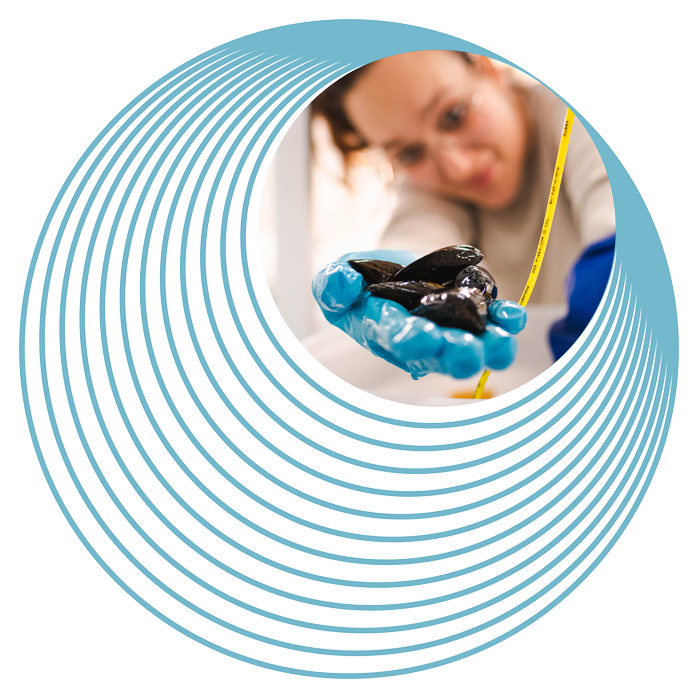
EMBRC and its
Services
Innovative Services for Researchers in Europe and beyond
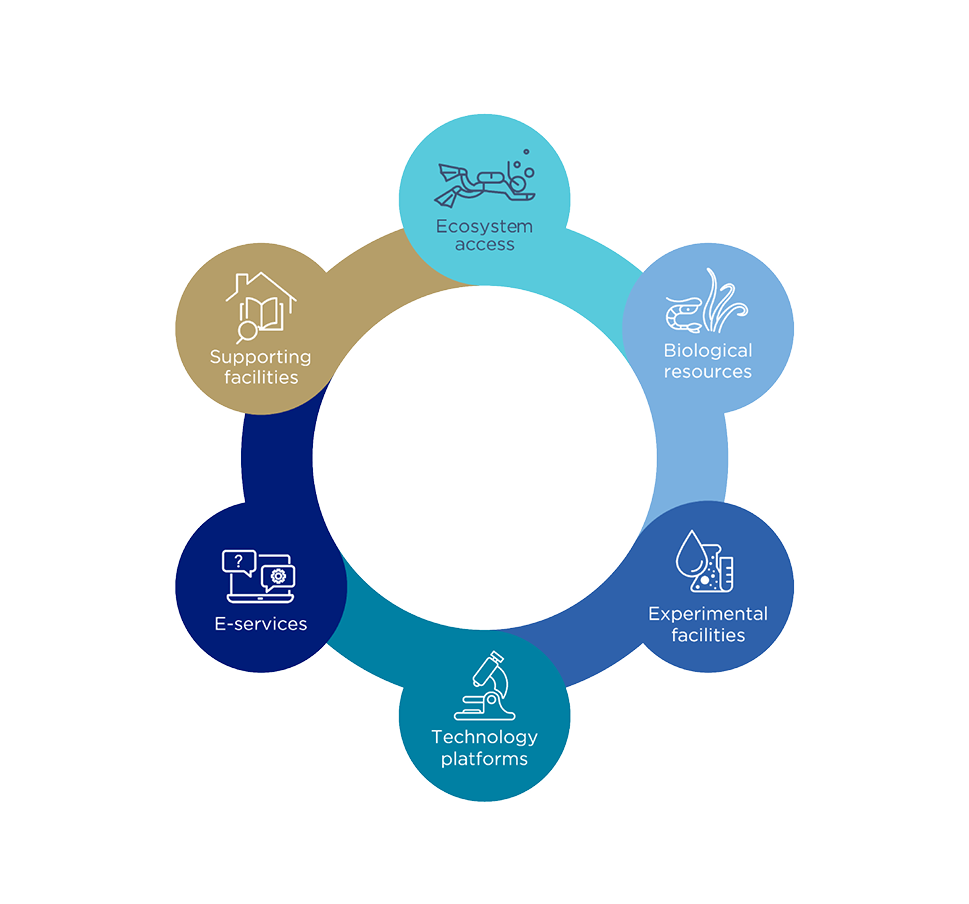
EMBRC works with 80+ partners across Europe to facilitate access to services for marine research.
We provide services across 6 categories — Ecosystem Access, Biological Resources, Experimental Facilities, Technology Platforms, E-services, Supporting Facilities — to support scientists from both academia and industry in research that advances innovation for a sustainable future.
We enable researchers to access a range of marine organisms from a wide variety of unique ecosystems and habitats across Europe. These organisms can be cultured, reared or collected from the field depending on researchers needs. Our facilities support the development of new tools and techniques for biological and …
EMBRC works with 80+ partners across Europe to facilitate access to services for marine research.
We provide services across 6 categories — Ecosystem Access, Biological Resources, Experimental Facilities, Technology Platforms, E-services, Supporting Facilities — to support scientists from both academia and industry in research that advances innovation for a sustainable future.
We enable researchers to access a range of marine organisms from a wide variety of unique ecosystems and habitats across Europe. These organisms can be cultured, reared or collected from the field depending on researchers needs. Our facilities support the development of new tools and techniques for biological and ecological studies.
Our services, resources and equipment can cater for scientists performing research both on-site and remotely and our technical staff have a broad range of expertise to support visiting researchers.

Ecosystem access
This service offers 4 different platforms to access ecosystems:
- Coastal research vessels
- Sampling equipment
- Scientific diving
- Submersibles
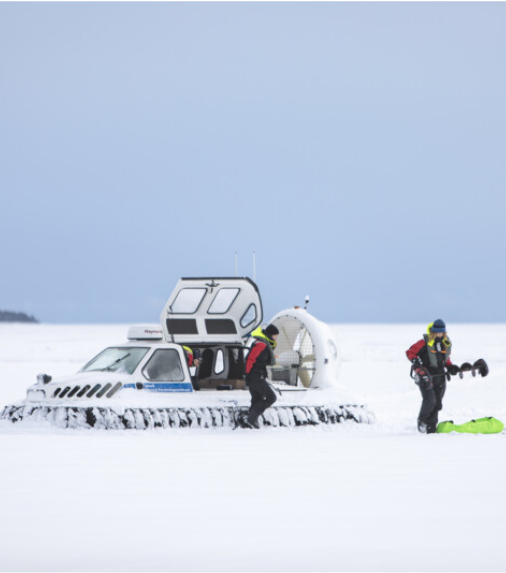
EMBRC provides access to a range of marine ecosystems, including kelp forests, coral reefs, intertidal rocky shores, lagoons, mudflats, deep-sea environments as well as planktonic and pelagic communities.
Special sites and extreme environments are also provided including: (1) volcanic cold seeps, proxies for the future high CO2/low pH oceans, (2) polluted low-oxygen sites, for environmental impact studies, and (3) artificial habitats such as renewable energy test sites for research on biofouling, etc.
Specialised services are available for tracking large marine organisms, such as mammals and turtles in their natural habitat, through satellite tag and sensor design.
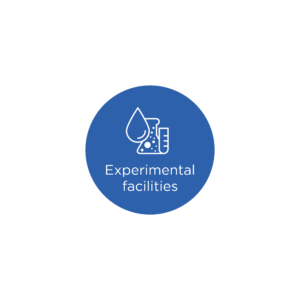
Experimental facilities
This service provides access to 5 types of facilities:
- Aquaria and tanks
- Climate controlled rooms
- Dry laboratories
- Mesocosms
- Wet laboratories
- In-situ test sites
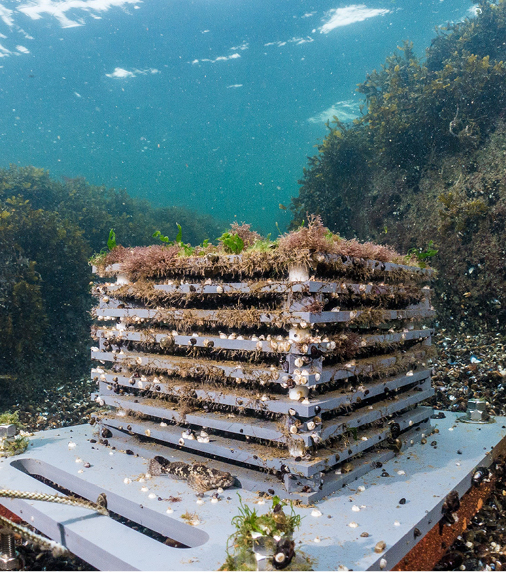
We give access to aquaria and culture facilities for both micro- and macro-organisms to support the maintenance, culture, and experimental study of species from polar, cold, cool or warm temperate, and subtropical environments.
Our range includes in situ installations, mesocosms, bioreactors, and licensed tanks for housing marine vertebrates. They are equipped with advanced systems for manipulating environmental conditions (e.g., temperature, pH, and light) and feature state-of-the-art water purification technologies to ensure optimal experimental conditions.
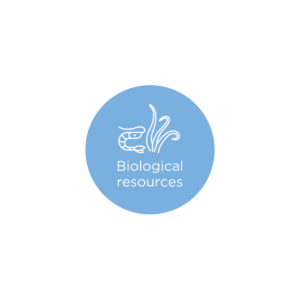
Biological resources
This service provides access to 5 types of facilities:
- Aquaria and tanks
- Climate controlled rooms
- Dry laboratories
- Mesocosms
- Wet laboratories
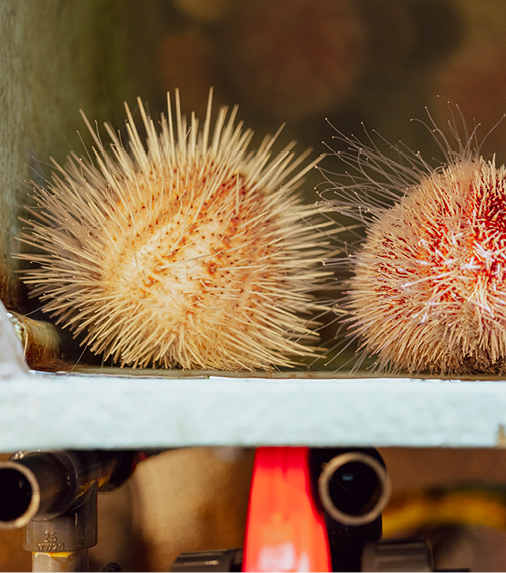
- EMBRC provides provenance information and a step-by-step guide to comply with Access and Benefit-Sharing (ABS) requirements
- EMBRC ensures compliance with national and international regulations on the collection, maintenance, and shipping of biological resources.
- EMBRC informs users about ethical standards and conservation rules that may restrict research on certain species (including mammals, turtles, and those listed on the IUCN Red List of Threatened Species).
- EMBRC upholds strict ethical practices and join the 3R principles (Reduce, Reuse, Recycle)
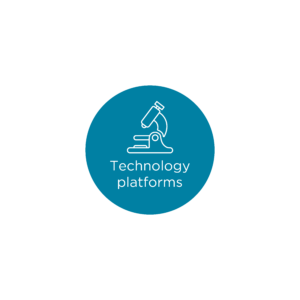
Technology platforms
This service provides users access to five types of technological platforms:
- Bioassays
- Imaging
- Molecular biology and omics
- Remote sensing and telemetry
- Structural and chemical analysis
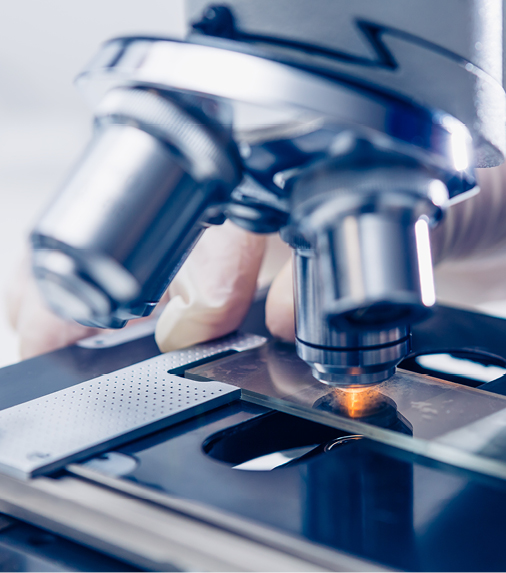
EMBRC provides access to technology platforms to enable researchers to carry out initial analyses on their organisms when working at EMBRC marine stations and research organisations. Access to these platforms is provided on-site and can be enhanced with expert support or tailored training from EMBRC’s skilled staff.

E-services
EMBRC offers services for processing, curating, and storing extensive datasets, including sequences, metadata, historical time series, and literature resources. This includes:
- Data analysis tools and software
- Datasets
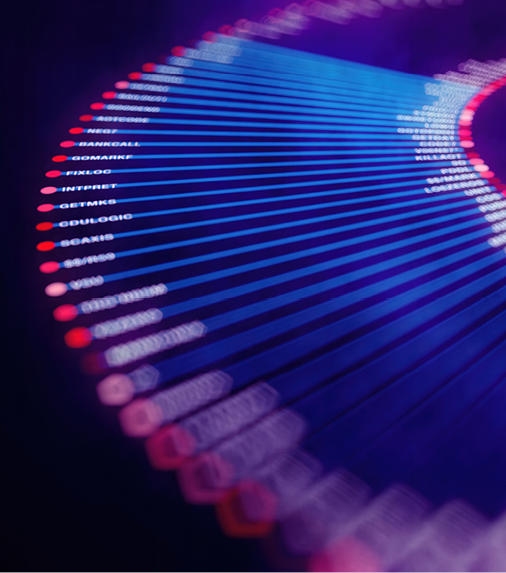
Access is available both virtually and on-site, with remote bioinformatics and technical support to assist users effectively.
EMBRC advances coordinated data handling tools and expertise to support marine research. By promoting e-infrastructure interoperability and standardisation, EMBRC addresses the challenges of managing diverse, large-scale datasets while fostering collaboration among marine scientists, bioinformaticians, and IT specialists.

Supporting facilities
EMBRC brings together the best facilities and resources to push forward pioneering research projects. These include:
- Meeting rooms
- Historical libraries
- Trainings
- Bibliographic databases of marine research
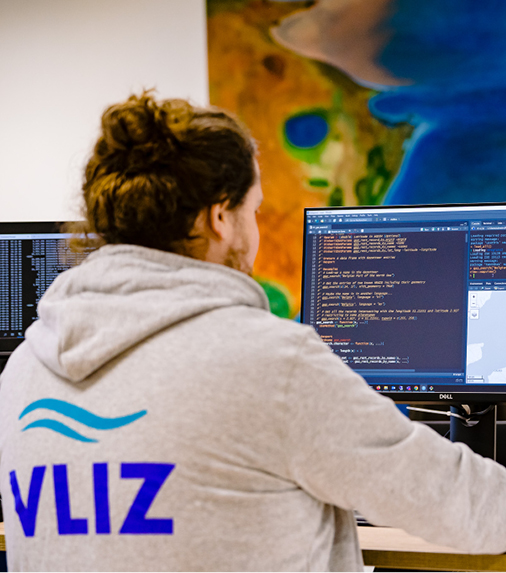
We are committed to helping marine scientists and Blue Economy workers stay ahead in their field by providing marine-related training and education opportunities. Training is provided by EMBRC Belgium’s Marine Training Unit and hosted by the University of Gent.

